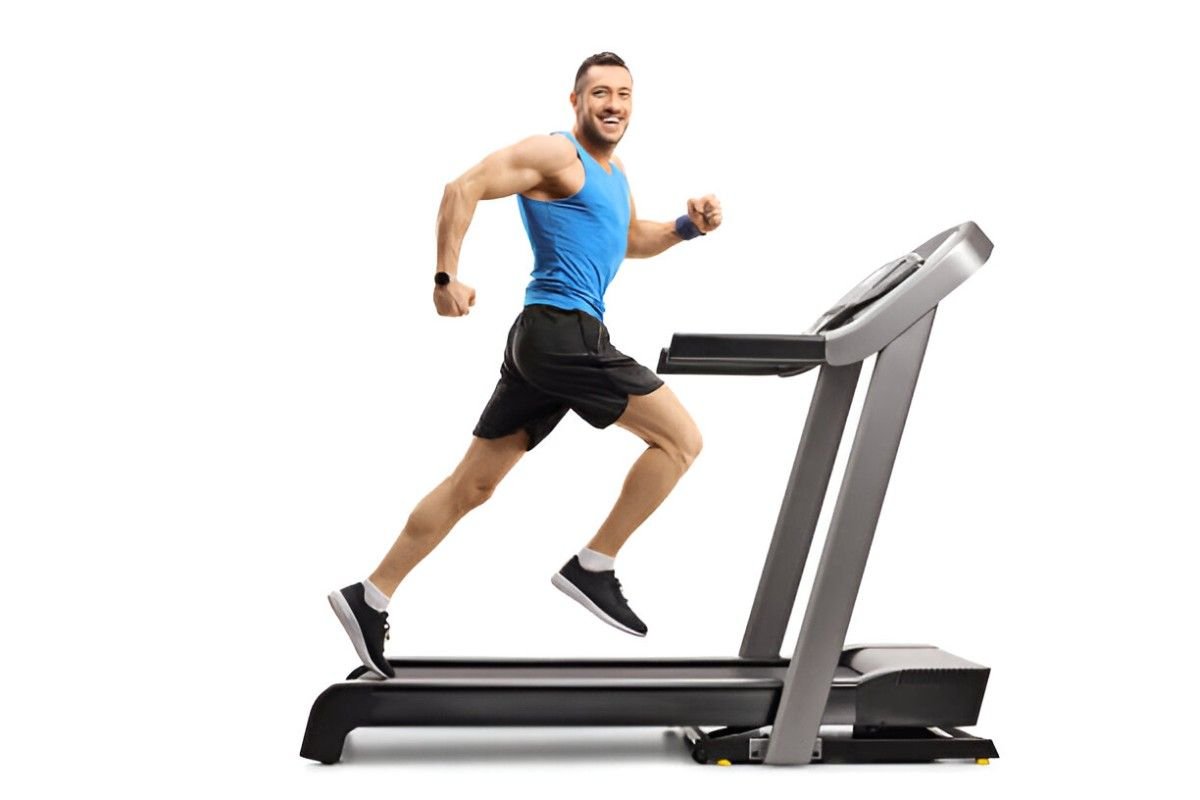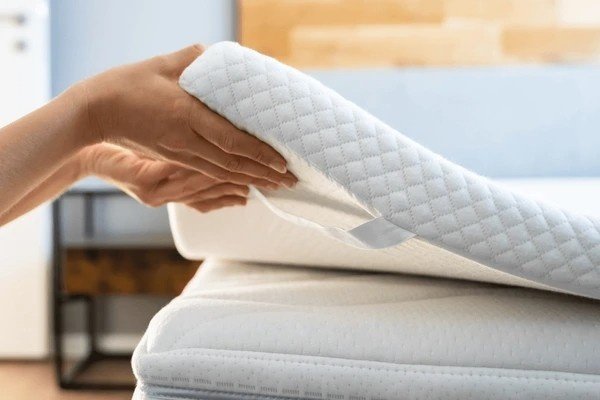When it comes to staying fit from the comfort of your own home, a treadmill is one of the best investments you can make. It provides a reliable way to work on your cardio fitness, burn calories, and stay active, regardless of the weather outside. Choosing the right treadmill for home workouts can feel overwhelming with so many options available. I’ve spent time researching and analyzing the features, benefits, and limitations of various treadmills to help you make an informed decision. This guide will break down the key considerations, provide recommendations, and include comparison tables to simplify your choices.
Table of Contents
What to Consider When Buying a Treadmill
Space and Size
Before buying a treadmill, think about where you’ll place it. Measure the available space in your home and compare it with the dimensions of the treadmill. Some treadmills fold up for easy storage, which is a great option if you’re tight on space.
Key Questions to Ask:
- Will the treadmill fit comfortably in your workout area?
- Do you need a foldable model for storage?
| Treadmill Type | Average Dimensions (L x W x H) | Best For |
|---|---|---|
| Compact Folding | ~60 x 30 x 50 inches | Small apartments |
| Standard Non-Folding | ~70 x 35 x 55 inches | Dedicated workout rooms |
| Commercial-Grade | ~80 x 40 x 60 inches | Home gyms with ample space |
Budget
Treadmills come in a wide range of prices. Knowing your budget will help narrow down your choices. While entry-level models are affordable, they may lack features like advanced incline options, pre-set programs, or high durability.
Price Range:
- Under $500: Basic models with limited features.
- $500-$1500: Mid-range treadmills with moderate functionality.
- $1500 and up: Premium models with advanced features and sturdy build quality.
Features to Prioritize
Motor Power
The motor determines how smoothly a treadmill runs. For walking, a motor with at least 2.0 CHP (Continuous Horsepower) suffices. For running, 3.0 CHP or more is recommended.
Incline and Decline Options
Incline settings simulate uphill running, enhancing calorie burn and engaging different muscle groups. A decline feature mimics downhill running for added versatility.
| Incline Range | Benefits |
|---|---|
| 0%-10% | Basic cardiovascular workout |
| 10%-15% | Intense calorie-burning sessions |
| 15%+ | Advanced training programs |
Speed Range
Most treadmills have a speed range between 0.5 mph and 12 mph. Advanced models may go higher, which is ideal for sprint training.
Console and Connectivity
Modern treadmills offer features like touchscreens, Bluetooth compatibility, and app integrations. If you enjoy tracking your progress or streaming workouts, prioritize models with these options.
Top Treadmills for Home Workouts
1. NordicTrack Commercial 1750
The NordicTrack Commercial 1750 is a versatile treadmill that suits both beginners and seasoned runners. It offers a powerful motor, a spacious running surface, and interactive workout options.
Key Features:
- 3.5 CHP motor
- 10-inch touchscreen with iFit compatibility
- Incline: -3% to 15%
- Foldable design
| Pros | Cons |
|---|---|
| Smooth and quiet motor | Subscription required for iFit |
| Wide range of incline | Bulky, even when folded |
| Durable construction | Higher price point |
2. Sole F63
The Sole F63 is a budget-friendly treadmill with excellent build quality and essential features. It’s ideal for those who prioritize durability over frills.
Key Features:
- 3.0 CHP motor
- Incline: 0% to 15%
- Bluetooth speakers
- Foldable design
| Pros | Cons |
|---|---|
| Affordable price | Basic display |
| Sturdy frame | Limited workout programs |
| Lifetime warranty on motor | Not app-compatible |
3. Horizon T101
The Horizon T101 is perfect for walkers and light joggers. It’s compact, affordable, and easy to use, making it a great entry-level option.
Key Features:
- 2.5 CHP motor
- Speed: Up to 10 mph
- Incline: 0% to 10%
- Bluetooth speakers
| Pros | Cons |
|---|---|
| Compact and lightweight | Not suitable for intense running |
| Easy to assemble | Limited incline range |
| Budget-friendly | Smaller running surface |
Comparison Table
| Model | Motor Power | Incline/Decline | Max Speed | Price Range |
|---|---|---|---|---|
| NordicTrack 1750 | 3.5 CHP | -3% to 15% | 12 mph | $1,800-$2,200 |
| Sole F63 | 3.0 CHP | 0% to 15% | 12 mph | $1,000-$1,300 |
| Horizon T101 | 2.5 CHP | 0% to 10% | 10 mph | $600-$800 |
Maintenance Tips for Longevity
To keep your treadmill running smoothly for years, regular maintenance is essential. Here’s what I recommend:
Cleaning
- Wipe down the console and belt after every use.
- Vacuum around and under the treadmill to prevent dust buildup.
Lubrication
Most treadmills require belt lubrication every three to six months. Check your user manual for specifics.
Belt Alignment
Periodically check and adjust the belt alignment to prevent uneven wear.
Final Thoughts
Investing in a treadmill for home workouts is a step toward consistent fitness. By understanding your needs and evaluating key features, you can find the perfect match for your lifestyle and budget. Whether you opt for a high-tech model like the NordicTrack 1750 or a simple, reliable option like the Horizon T101, a treadmill can provide a convenient and effective way to stay active.
I hope this guide helps you make an informed choice. Remember to consider your space, budget, and fitness goals when selecting the right treadmill for your home.





